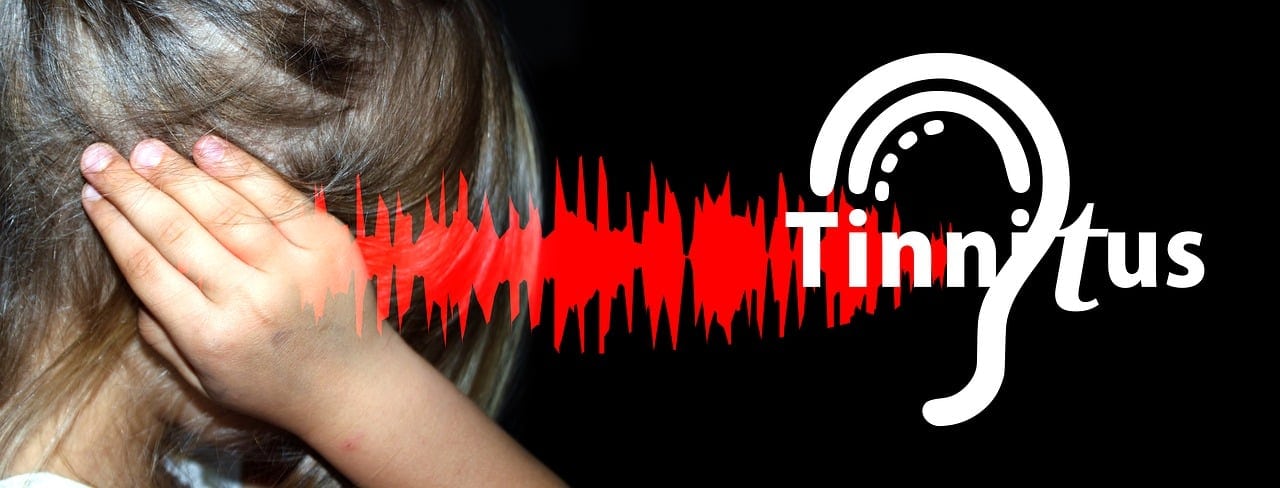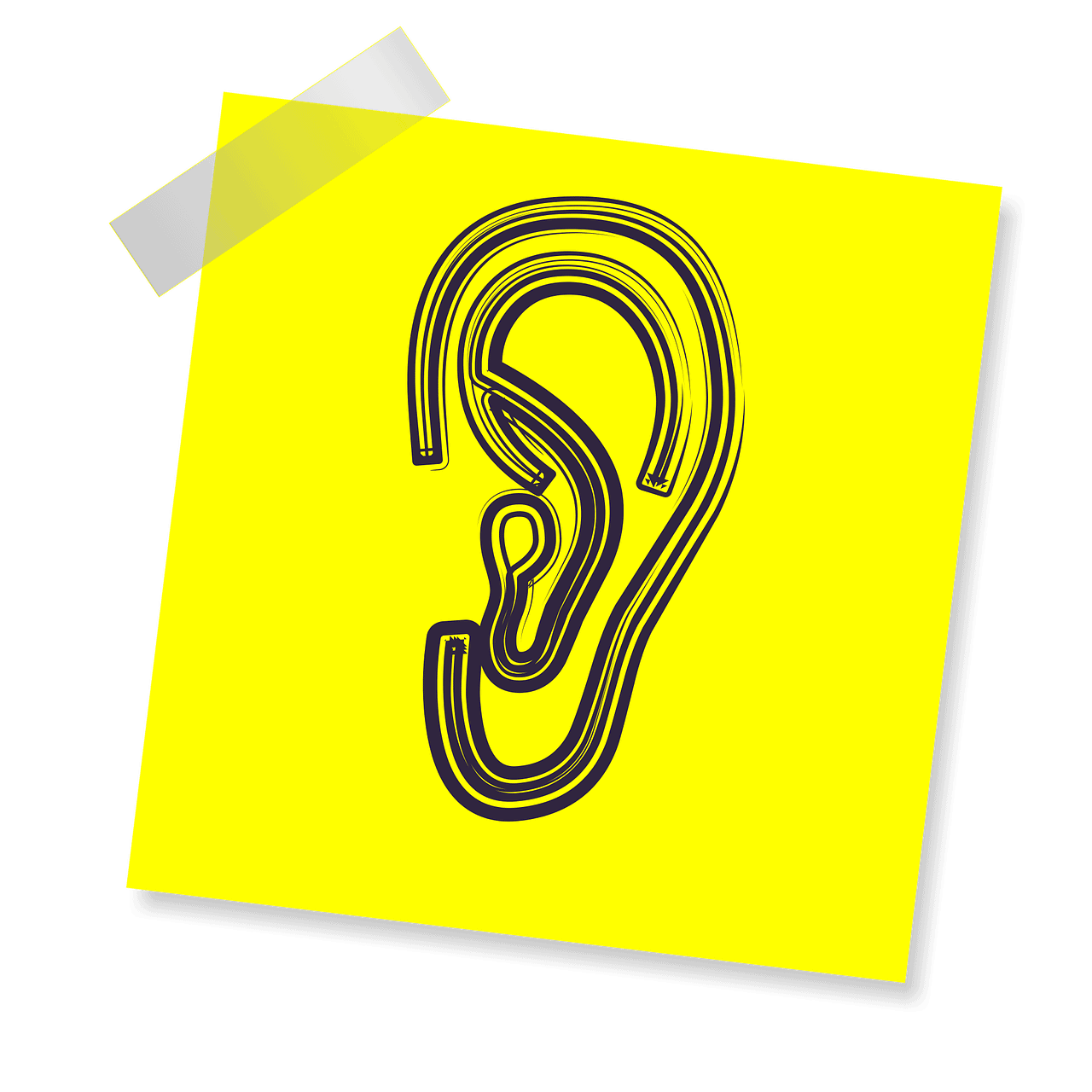
Tinnitus, characterised by a persistent ringing or buzzing in the ears, is a surprisingly common condition. In Singapore, a significant number of adults experience tinnitus at some point in their lives. While there’s no definitive cure, there are effective strategies to manage it – and hearing aids are a valuable tool.
Understanding Tinnitus: Causes and Symptoms
Tinnitus isn’t a disease itself but a symptom that can have various underlying causes. Here’s what you need to know:
- What is Tinnitus? Tinnitus refers to the perception of sounds in the absence of any external source. People describe it in many ways:
- Ringing
- Buzzing
- Hissing
- Whooshing
- Roaring
- Clicking
- Crickets
- Pulsating sounds (sometimes in sync with the heartbeat)
- Common Causes:
- Age-related hearing loss
- Noise exposure
- Ear infections or injuries
- Certain medical conditions
- How Tinnitus May Affect Daily Life:
- Tinnitus isn’t just about hearing bothersome sounds. For many people, it can have a significant impact on their quality of life, including:
- Difficulty Concentrating: The constant internal noise can make it hard to focus on work, conversations, or simply relaxing.
- Sleep Problems: Tinnitus can make it difficult to fall or stay asleep, leading to fatigue and irritability.
- Stress and Anxiety: The frustration and uncertainty of tinnitus can lead to increased stress and anxiety, which in turn can worsen the tinnitus.
- Social Withdrawal: Some individuals may withdraw from social situations or activities they once enjoyed due to embarrassment or difficulty coping with the tinnitus.
- Tinnitus isn’t just about hearing bothersome sounds. For many people, it can have a significant impact on their quality of life, including:
It’s important to remember that tinnitus affects people differently. If you suspect you have tinnitus, seeking professional help is crucial for diagnosis, finding relief, and minimising its impact on your life.
Is There a Cure for Tinnitus? Managing the Condition
While there’s no single “cure” or “treatment” for tinnitus, successful management is absolutely possible.
- Seek Professional Help: Start with a thorough hearing evaluation and a medical checkup to rule out treatable causes.
- Management Strategies: If the underlying cause is untreatable, tinnitus management often involves a combination of:
- Hearing Aids*: Crucial for those with hearing loss, hearing aids help address one of the major root causes of tinnitus. They amplify external sounds and provide auditory stimulation, which can lessen tinnitus prominence.
- Sound Therapy: This involves using various techniques:
- Masking: External sounds like white noise, nature sounds, or music help partially cover up the tinnitus.
- Distraction: Engaging soundscapes can help shift your focus away from the bothersome tinnitus.
- Habituation: Specific sound therapy techniques aim to help your brain gradually ‘tune out’ tinnitus and become less bothered by it.
- Counselling:
- Cognitive Behavioural Therapy (CBT): Helps develop coping mechanisms to manage the emotional impact of tinnitus.
- Stress Management: Techniques like mindfulness and relaxation can help reduce stress, which often worsens tinnitus.
- Additional Approaches: Your hearing specialist might recommend other strategies depending on your specific case, such as:
- Medications: In some cases, medications for anxiety or depression may help manage tinnitus.
- TMJ treatment: If TMJ (jaw joint) disorders are present, addressing those issues can sometimes help with tinnitus.
- Hearing Aids*: Crucial for those with hearing loss, hearing aids help address one of the major root causes of tinnitus. They amplify external sounds and provide auditory stimulation, which can lessen tinnitus prominence.
*Hearing aids are most effective for tinnitus when hearing loss is also present. If you have tinnitus without noticeable hearing loss, the other management strategies may be more suitable.
How Do Hearing Aids Help with Tinnitus?
For many people experiencing tinnitus due to hearing loss, hearing aids offer significant benefits. Here’s a breakdown of how they make a difference:
- Amplified Sound: By amplifying external sounds, hearing aids reduce the contrast between those sounds and the internal sound of tinnitus, lessening its prominence. This masking effect helps make tinnitus less noticeable.
- Auditory Stimulation: Hearing loss can lead to reduced stimulation for the brain’s auditory pathways. Hearing aids restore this stimulation, helping the brain refocus on processing real-world sounds rather than the internal tinnitus sounds.
- Stress Reduction: Straining to hear can worsen tinnitus and create a cycle of frustration and anxiety. Hearing aids make hearing more effortless, reducing a major source of stress that often exacerbates tinnitus.
- Tinnitus-Specific Features: Many modern hearing aids offer customisable sound therapy options designed specifically for tinnitus relief. These features provide soothing soundscapes or customised tones to mask tinnitus or help your brain adjust and become less sensitive to it.
- Neuroplasticity: Research suggests that hearing aids can encourage neuroplasticity, the brain’s ability to rewire itself. This can help your brain gradually ‘tune out’ tinnitus sounds.
Hearing Aids with Anti-Tinnitus Technology: A Viable Tinnitus Treatment?
A lot of hearing aids nowadays have technologies that address both hearing loss and tinnitus simultaneously. This works in several ways:
- Masking: The soothing sound helps partially mask the bothersome tinnitus sounds, making them less noticeable.
- Distraction: It provides an external focal point, helping redirect your attention away from the tinnitus.
- Brain Retraining: Over time, the technology may help your brain become less sensitive to tinnitus, potentially reducing its perceived intensity.
- Benefits of Anti-Tinnitus Hearing Aids
- Reduction of Tinnitus: Many users experience a reduction in the perceived volume and annoyance of their tinnitus.
- Improved Focus: The technology distracts from tinnitus, allowing you to better concentrate on other things.
- Discreet and Comfortable: Starkey devices offer a wide range of styles, including those designed for discreet wear.
Take the First Step Towards Relief
If you’re struggling with tinnitus, don’t let it control your life. Getting professional help is key. The Hearing Solution Group offers free hearing checks and personalised guidance for tinnitus relief.
Book an appointment and discover how hearing aids for tinnitus can improve your quality of life.

 Find Us
Find Us Call Us
Call Us
